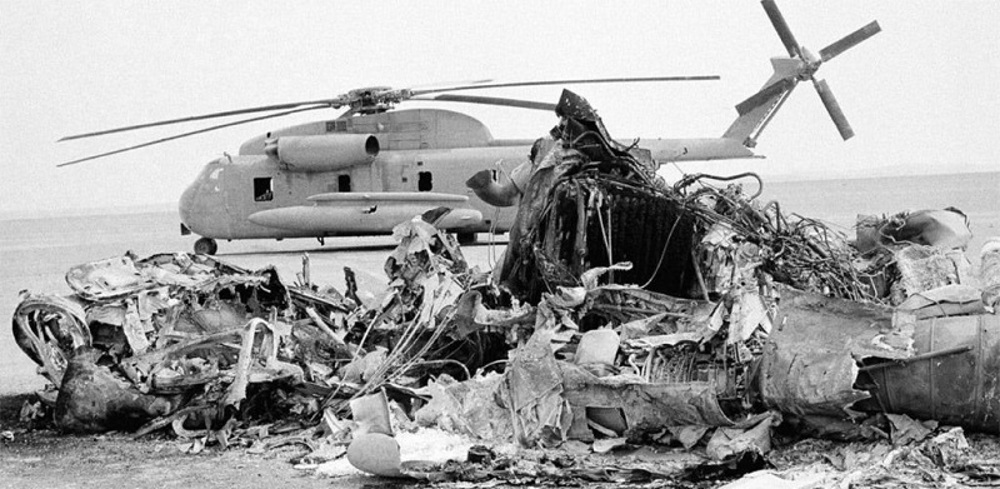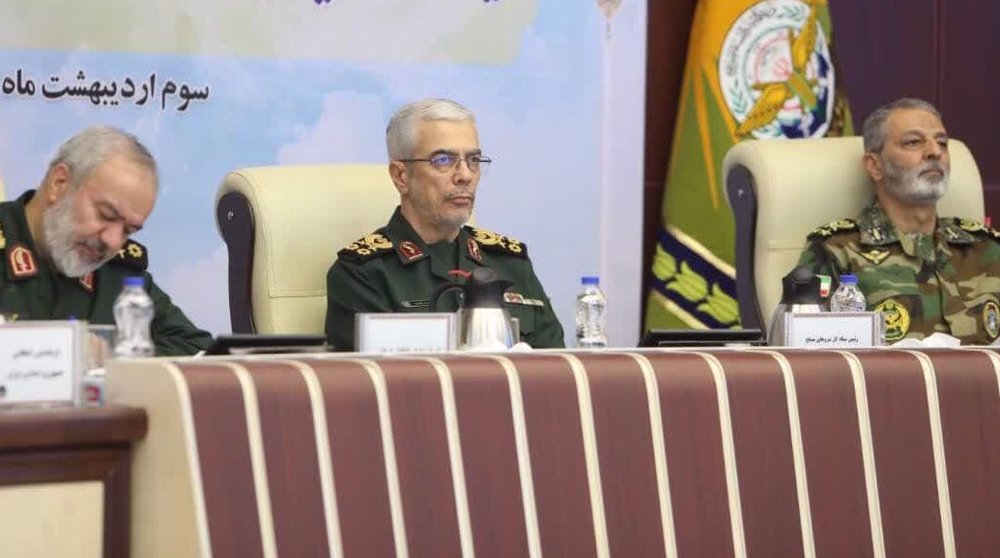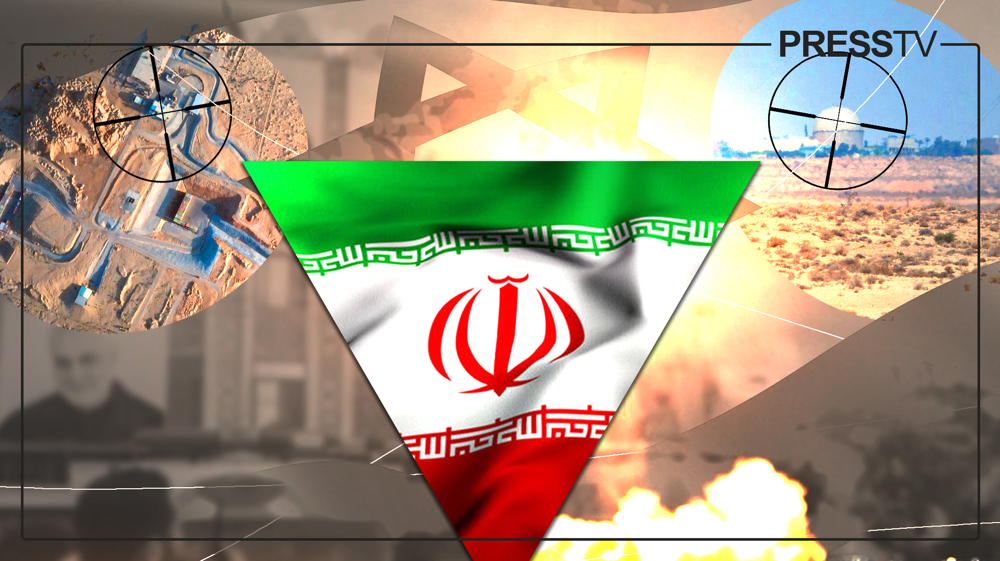Anti-Iran resolutions can't limit Iran's defense power: IRGC
A senior Iranian commander says the Islamic Republic will not limit its defense power on the account of anti-Iran resolutions drawn up by foreign powers.
Brigadier General Hossein Salami, the second-in-command of the Islamic Revolution Guards Corps, said on Tuesday that the IRGC boosts its “defense and deterrent power” based on its defense requirements.
“This is an independent and a national decision and has nothing to do with the resolutions [issued against Iran],” he added.
Salami added that the IRGC is duty-bound to boost Iran's national power and emphasized that no resolution can limit Iran’s efforts to enhance its defense capability.
Iranian Defense Minister Brigadier General Hossein Dehqan said last week that despite certain restrictions stipulated in the UN Security Council Resolution 2231 under the terms of a July nuclear agreement between Iran and the P5+1 group of world countries, Tehran will keep boosting its defense capabilities.
Iran and the five permanent members of the United Nations Security Council – the United States, Britain, France, China and Russia – plus Germany finalized the text of the agreement dubbed the nuclear deal in the Austrian capital Vienna on July 14.
In recent years, Iran has made great achievements in its defense sector and reached self-sufficiency in producing essential military equipment and systems.
The Islamic Republic of Iran has repeatedly assured other nations, especially regional neighbors, that its military might poses no threat to other countries, stating that its defense doctrine is merely based on deterrence.
No change in Iran’s strategy on Syria crisis
The IRGC commander further said Iran has made no change in its strategy vis-a-vis the nearly five-year-long crisis in Syria.
Salami added that Iran still sticks with its principles and strategies toward the Syrian conflict and will "fulfill [its] duties based on the needs on the ground."

He emphasized that the number of the IRGC military advisers in Syria has not been pared down.
The foreign-sponsored conflict in Syria has, since breaking out in March 2011, claimed the lives of more than 250,000 people and left over one million others injured, according to the United Nations.
Iran has sent military advisers to Syria to help in the fight against the terrorists wreaking havoc in the conflict-stricken country.
Gaza faces imminent famine as people starving to death: UN warns
North Korea to stand up to sanctions, bolster military power: Official
Hezbollah says 2,000 Israeli forces killed, injured in operations since Gaza war began
War of wills: Iran army chief vows crushing response to any aggression
April 24: ‘Axis of Resistance’ operations against Israeli occupation
Tabas sand defeats US military
'US secretly sent long-range ATACMS missiles to Ukraine in recent weeks'
Iran: Awakened world public opinion determined to stop Israel war crimes













 This makes it easy to access the Press TV website
This makes it easy to access the Press TV website